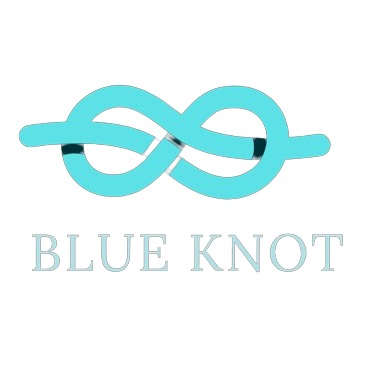How to Create a Successful Facebook Social Media Strategy for Brands
Understanding Your Audience and Setting Goals
Creating a successful Facebook social media strategy for brands begins with a deep understanding of your target audience and the establishment of clear, measurable goals. Utilizing Facebook Insights, along with other analytical tools, allows you to gather comprehensive data on your audience’s demographics, interests, and behaviors. This data is crucial for tailoring your content to meet the specific needs and preferences of your audience.
Facebook Insights offers a wealth of information including age, gender, location, and even the times when your audience is most active online. Analyzing this data helps in identifying patterns and trends, providing a solid foundation for your strategy. Additionally, understanding your audience’s interests and behaviors enables you to create more engaging and relevant content, which is essential for fostering a strong connection with your followers.
Equally important is defining your brand’s voice and tone. Your brand’s voice should reflect its personality and values, resonating with your audience on a deeper level. Consistency in voice and tone across all your Facebook posts ensures that your messaging is coherent and recognizable, further strengthening your brand identity.
Once you have a clear understanding of your audience, the next step is to set SMART goals. SMART goals are Specific, Measurable, Achievable, Relevant, and Time-bound. For instance, instead of aiming to “increase engagement,” a SMART goal would be to “increase post engagement by 20% over the next three months.” Such goals provide a clear direction and criteria for success, making it easier to track progress and make necessary adjustments.
Aligning these goals with your overall business objectives ensures that your social media efforts contribute to your broader organizational aims. Whether it’s driving more traffic to your website, increasing brand awareness, or boosting sales, clearly defined goals help in measuring the effectiveness of your Facebook strategy and achieving tangible results.
Content Creation and Curation
Content is king when it comes to social media, and creating engaging content is crucial for a successful Facebook strategy. Different types of content perform well on Facebook, with videos, images, stories, and live streams leading the way. Videos, particularly short and engaging clips, tend to capture more attention and generate higher engagement rates. Images, especially those that are visually appealing and relevant to your brand, can also significantly boost interaction. Facebook Stories offer a more ephemeral way to connect with your audience, providing a sense of urgency and exclusivity. Live streams, on the other hand, offer real-time interaction, which can build a deeper connection with your audience.
Planning and scheduling your content is essential for maintaining consistency and maximizing reach. A content calendar is a valuable tool that helps in organizing and scheduling posts in advance. It ensures that your content is timely, relevant, and balanced, preventing any last-minute rush to create posts. Moreover, it allows you to strategically plan around key dates and events, leveraging them for increased engagement.
Curating content from other sources can also add immense value to your audience. Sharing relevant articles, infographics, and other forms of content from credible sources can position your brand as an industry thought leader. It not only provides your audience with valuable information but also saves them time by bringing curated content directly to their feed. When curating content, ensure it aligns with your brand values and resonates with your audience.
Leveraging user-generated content (UGC) is another effective strategy for building community and trust. Encouraging your audience to share their experiences, reviews, and testimonials can create a sense of belonging and foster a loyal community. UGC not only serves as authentic social proof but also increases engagement, as people are more likely to interact with content created by their peers. Always give credit to the original creators and express appreciation for their contributions.
Engagement and Analytics
Engagement is a cornerstone of any successful Facebook social media strategy for brands. Building meaningful interactions with your audience fosters loyalty and elevates your brand’s presence. To achieve this, brands should actively respond to comments and messages, demonstrating attentiveness and dedication to customer satisfaction. Engaging in community groups relevant to your industry can also enhance your outreach, allowing you to connect with like-minded individuals and potential customers on a more personal level.
Facebook Ads play a pivotal role in expanding your brand’s reach. By strategically targeting specific demographics, interests, and behaviors, you can amplify your marketing goals and reach a broader audience. Utilizing Facebook’s powerful ad tools, brands can create tailored adverts that resonate with their target audience, driving higher engagement and conversion rates.
Equally important is the continuous monitoring and analysis of your social media efforts. Key performance indicators (KPIs) such as engagement rates, click-through rates, and conversion rates provide valuable insights into the effectiveness of your strategies. Facebook Analytics is an indispensable tool in this regard, offering detailed metrics and reporting features that help you track the success of your posts and campaigns.
By consistently reviewing these analytics, brands can identify what resonates with their audience and what doesn’t, allowing for data-driven adjustments to improve their social media presence. Regularly refining your approach based on these insights ensures that your Facebook social media strategy remains dynamic and effective, driving sustained engagement and achieving long-term marketing success.



